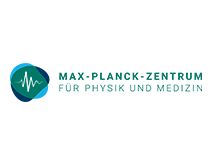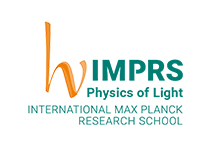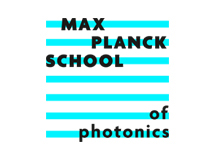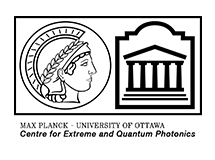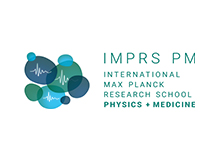Research Group Leader
Dr. Kanwarpal Singh

Max Planck Institute for the Science of Light
Max Planck Zentrum für Physik und Medizin
Polarisation-based Optical Coherence Tomography
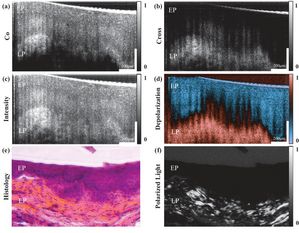
High contrast imaging of biological samples is critical to the diagnosis of several pathological conditions. Polarization-sensitive optical coherence tomography (PS-OCT) and cross-polarized optical coherence tomography (CP-OCT) are emerging as new imaging techniques which can image tissue with improved contrast at submicron to few micron axial resolution. In our lab, we have developed a CP-OCT system using only two quarter-wave plates and an unpolarized light source that does not require any other polarization controlling element.
In order to demonstrate the application of our system to obtaining high contrast imaging of biological samples, we imaged a swine esophagus ex-vivo (Picture 1).
Picture 1, shows that the depolarization ratio of the epithelial (EP) layer is very low compared to the lamina properia (LP). We can therefore use the depolarization ratio to effectively increase the contrast between the epithelial layer and lamina properia of the esophagus.
Find more information on our website.

